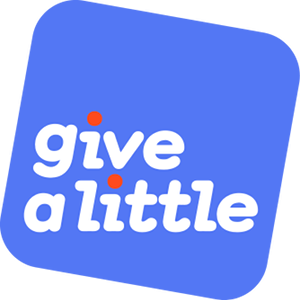I don’t know much about Elon Musk, except that he has something to do with Tesla electric cars, wants to go into space and has recently put in a bid to buy Twitter.
I don’t know much about social media either, except that I have been banned from Facebook. Wanting to join the morning service one Sunday during lockdown, I pressed the link. A notice came up insisting I had to join Facebook in order to do so. I did, but the next time I tried to log into Facebook , I was told I had breached community rules and was banned!
Following his bid to purchase Twitter, Elon Musk has announced that when it comes to ‘free speech’, he is an ‘absolutist’. I suppose that means that he is in favour of anyone saying anything they like on Twitter, or anywhere else.
But is anything ‘free’? Is anything without consequences? Causes may not be clear or immediately known and consequences may not be obvious or foreseen, but we live in a world of cause and effect. The old childhood rhyme that ends with, “but words will never hurt me”, is wrong. Words have power. Ask advertisers, poets and politicians.
Words are connection. That connection can come from a place of fear and anger, or a place of love. For some people it seems that such is their hurt and alienation, that the anonymity of social media enables and even encourages them to communicate from a place of prejudice.
It’s OK to debate and disagree, to speak up about unfairness, injustice and abuse. Jesus did plenty of that. He also modelled empathy and compassion. Words can create happiness or suffering. They can inspire confidence, joy and hope. Before speaking out it can be useful to check with our emotions.
We could go further and, before we speak, ask ourselves three questions: “Is it true? Is it kind? Is it necessary?” They would be good community rules!
Chris Dawson
